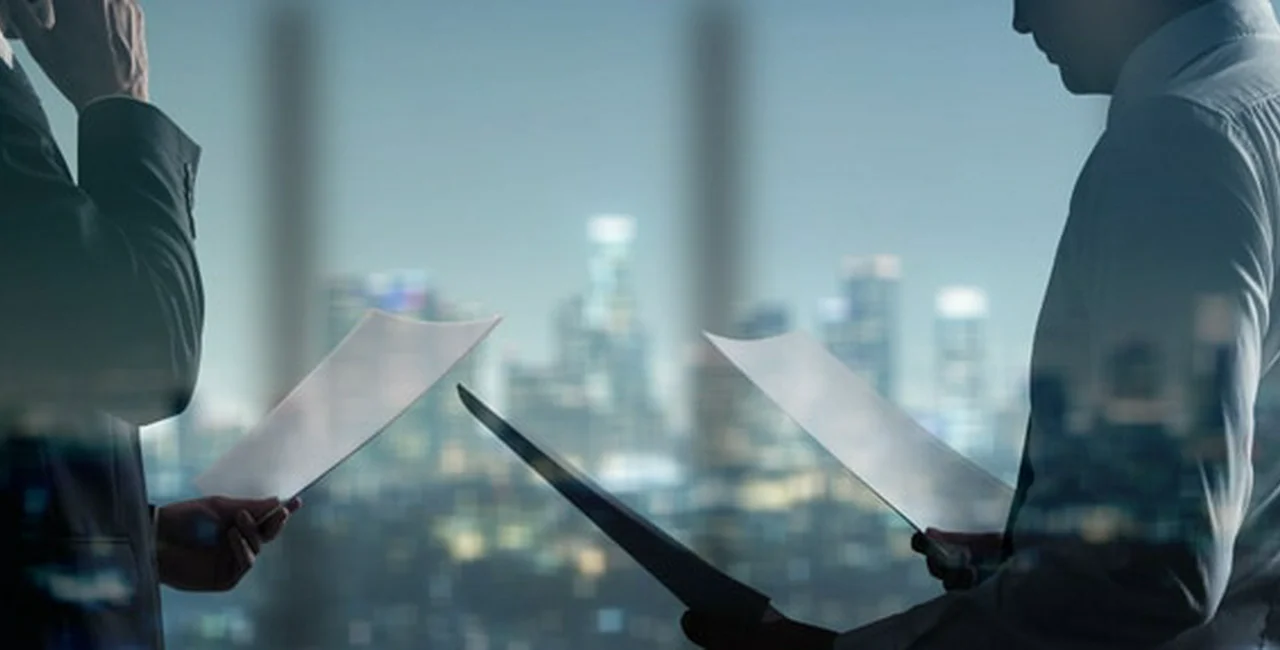MB: The Prague program about surveillance will make people uncomfortable. Surveillance is frightening—especially when the issue is poised in terms of how easy it is for the police, your boss, your husband, whoever to find you. People should be concerned about this; however, they also have to realize that surveillance makes it easier to find terrorists, to identify criminals, to find someone your son who ran away. The issue is too complex for simple answers.


